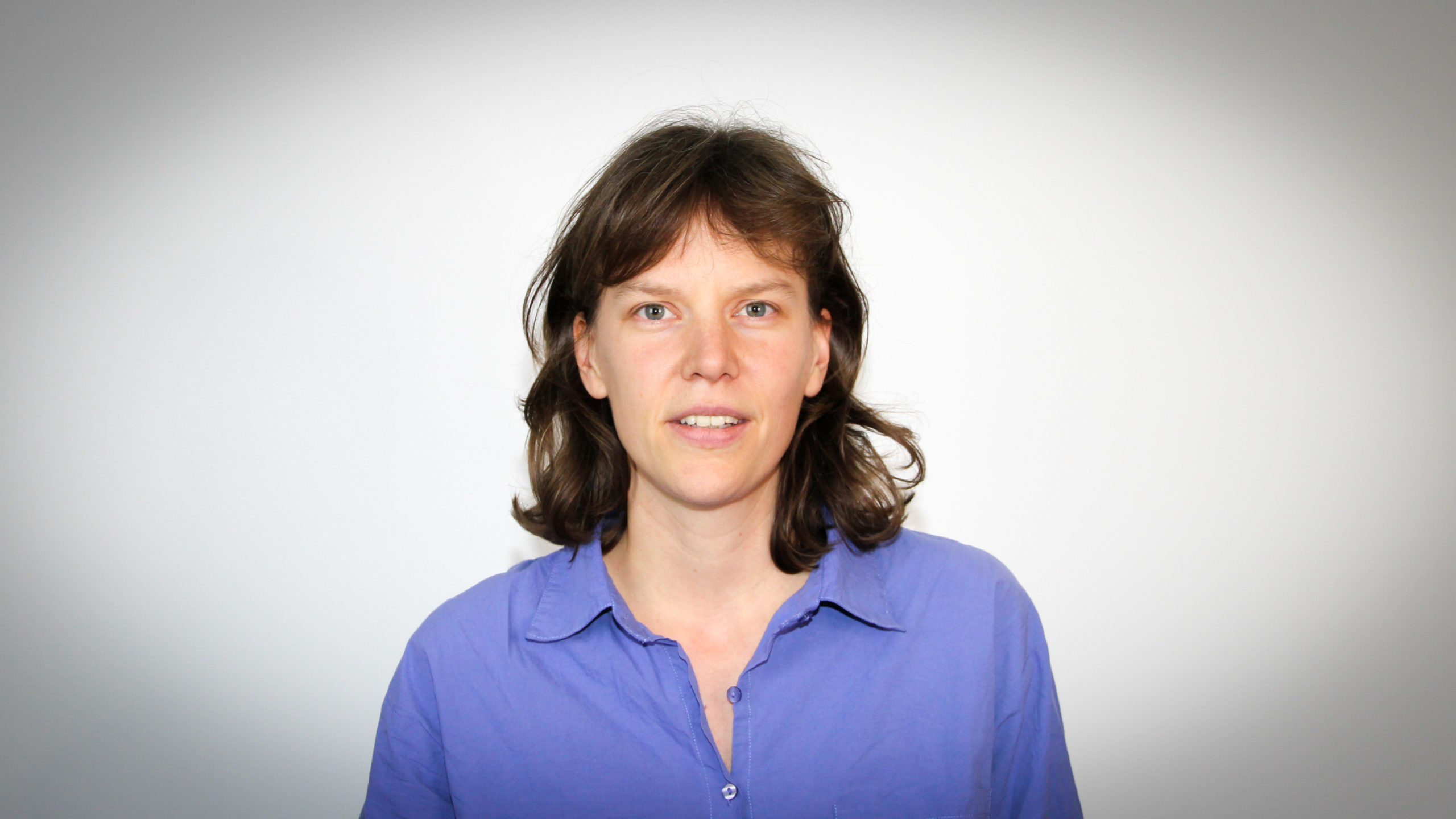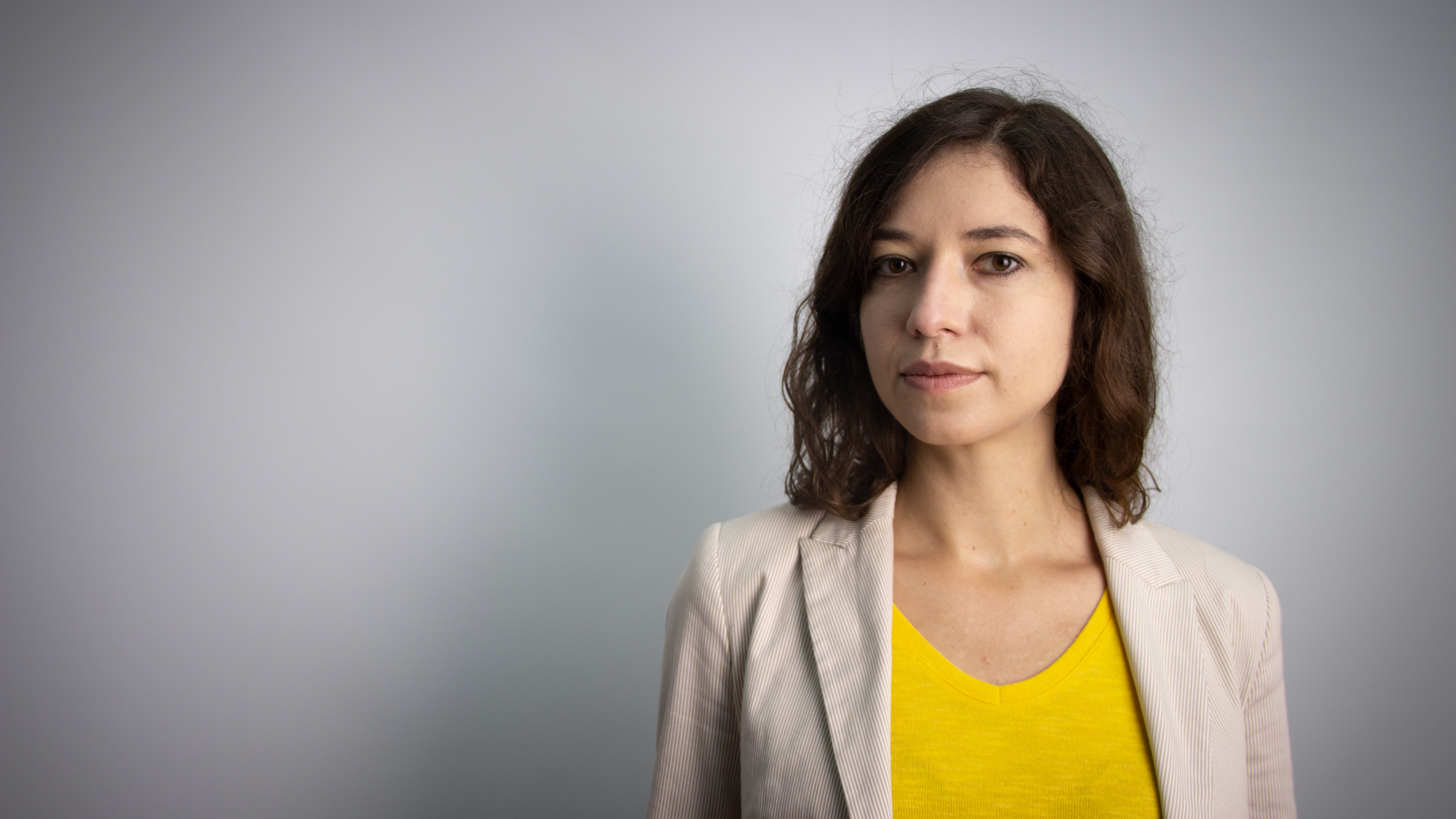
Research issue in focus
Open higher education
The idea of open (higher) education is driven by the aspiration to share knowledge across diverse communities and broaden access to education for everyone, regardless of background, digital skills, finances or location. The field of educational technology (EdTech) builds on the belief that open educational resources should be public assets. They should be open source, readily accessible and not solely driven by the pursuit of profit. Educational technology tools like digital spaces, open-source knowledge bases and repositories have the potential to democratise access within the higher education sector. Universities, publishers and libraries are pivotal in managing access to knowledge and open education resources. In our research on open education, we study these key actors and their practices and explore a more equitable future for educational technology amidst evolving trends and solutions.
In an ideal world, education acts as a bridge builder and great equaliser to bring diverse groups of people together to collectively work to further knowledge. Educational technology and open education have the potential to contribute to this goal by empowering people with open access to educational resources at any time, anywhere.
Access to educational technologies
Although there may potentially be countless educational tools and solutions at our fingertips, not everyone has equal access to them due to a number of reasons. Not all students possess the necessary technical resources like computers or tablets, nor can they afford the costs of edtech tools. Similarly, teachers vary in their digital literacy, technical expertise, and pedagogical skills for digital instruction. Furthermore, institutions differ in the resources they can allocate to support online teaching and open education infrastructure, including funding and IT services.
Thus, while emerging educational technologies supposedly aim to diminish inequalities, they can inadvertently exacerbate disparities between those with access and those without.
Open higher education
At the HIIG, we believe that educational technology and open education go hand-in-hand. Despite the challenges of open access technology, it holds the power to connect people. Our primary focus is on open education, specifically within the realm of higher education institutions and the scientific system. We aim to empower institutions and individuals with the tools and knowledge they need to harness the full potential of open education resources and practices.
Our open educational research is dedicated to exploring how we can increase opportunities for everyone to benefit from open educational resources and technology, regardless of their background. This includes examining current trends in educational technology, uncovering inequalities within scientific practices, and investigating the experiences of educators, students, and other education professionals. We also study various educational technology tools and online formats, emphasising open source methods for knowledge dissemination.
We are currently exploring how higher education institutions can use educational technology for enhanced knowledge sharing. We are also continuously developing open educational resources and field guides for practitioners.
In addition, we believe collaborative efforts are essential to address Open Education challenges. That is why through the Scholar-led Plus research project, we're investigating sustainable publishing infrastructures for open access journals. Many of our initiatives see us partnering closely with key practitioners, industry experts, and other stakeholders to devise and implement best practices and solutions for Open Education.
Digital & Discipline-free
Digitisation and education
What opportunities does digital open education offer us in the future? Our associate researcher Dr. Benedikt Fecher explores this complex question.
Open Educational Resource
Making Sense of the Future
How can we understand our digital future? Learn more about our toolkit "Making sense of the Future", which approaches digital learning in a fun way.
Digital Salon
Chatbot potentia est!
Why should we perhaps take ChatGPT with a grain of salt and how can we deal with trained bias and false data in the future? We discuss in this edition of the Digital Salon.
Science hostility: What we know and what we can do about it
The KAPAZ project supports researchers facing science hostility with communication training, institutional resources, and initiatives to raise awareness.
Resistance to change: Challenges and opportunities in digital higher education
Resistance to change in higher education is inevitable. However, if properly understood, it can contribute to shaping digital transformation constructively.
Debunking science myths: Preconceptions about science put to the test
What is really true about preconceptions about science? Four popular myths about a constantly quarrelling group of professionals explained simply.
Making Sense of the Future: New brainteasers for digital futures in the classroom
Explore “Making Sense of the Future”, an open educational resource combining futures studies and creative exploration to reimagine our digital futures.
Honey, we need to talk about the future
Can futures studies challenge the status quo beyond academia and approach public dialogue as an imaginative space for collective endeavours?
Diamond OA: For a colourful digital publishing landscape
The blog post raises awareness of new financial pitfalls in the Open Access transformation and proposes a collaborative funding structure for Diamond OA in Germany.












